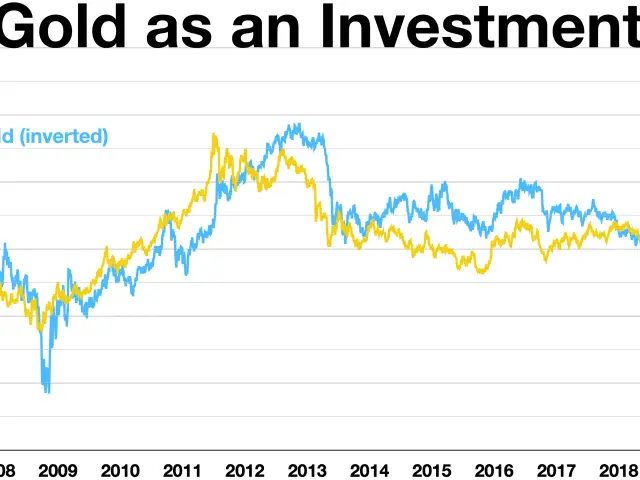Title: Bracing for Conflict: Israel Prepares for Gaza Offensive - What to Expect
Israel's Prime Minister, Netanyahu, declares imminent military action against Gaza - possibly within days. - Gaza offensive imminent, declared by Netanyahu in the following days
Get ready for a storm in the Gaza Strip, folks. Israeli Prime Minister Bibi Netanyahu just announced plans for a massive military operation, aiming to crush Hamas and rescue hostages still under their control - all set to kick off in the near future.
But as you know, such announcements usually stir up a global response. Critics like UN humanitarian coordinator Tom Fletcher aren't mincing words, slamming Israel for its treatment of civilians in the Gaza Strip. Fletcher warns of a humanitarian disaster, with an estimated 2.1 million Palestinians facing starvation due to Israel's blockade, and the territory already in ruins after battles lasting over a year and a half. Fletcher has cried foul, accusing Israel of creating unspeakable conditions for the region's people.
In response, French President Emmanuel Macron has joined the chorus of critics, describing Israel's actions as "unacceptable." Meanwhile, German Federal President Frank-Walter Steinmeier expressed concern over access to humanitarian aid for the citizens of Gaza during a meeting with Netanyahu in Jerusalem.
As for Netanyahu, he remains steadfast in his resolve. Speaking to wounded reservists, he promised that the destruction of Hamas and the rescue of hostages are inseparable, and declared that Israel will go "all the way" in the fight. But it appears a temporary ceasefire may be in the works, though negotiations for a permanent solution remain elusive.
To prevent a new wave of exodus from the Gaza Strip, reminiscent of expulsions during the state foundation of Israel in 1948 and the Six-Day War in 1967, Israel is actively seeking third countries to accept Palestinians wishing to leave the region.
However, indirect talks mediated by the U.S., Egypt, and Qatar between Israel and Hamas have been at a standstill for months. Recent reports suggest a renewed round of negotiations, with Israeli negotiators heading to Doha, the capital of Qatar, for talks. US special envoy Steve Witkoff and Trump's hostage envoy Adam Boehler are also slated to participate in discussions. Will this be the turning point in securing the release of the remaining hostages?
As the conflict rages on, more bloodshed is inevitable. Recent air strikes on hospitals in Gaza claiming the lives of numerous innocent patients have heightened concerns and sparked international outrage. Both sides have made claims about the attacks, but independent verification remains challenging.
Meanwhile, suspected attacks on Hamas leaders, such as Mohammed al-Sinwar, the younger brother of Hamas leader Yahya al-Sinwar, could have implications for the negotiations and possible ceasefire. If al-Sinwar is deceased, it may pave the way for a more favorable negotiating environment, according to a government official speaking to the Jerusalem Post.
With new rocket attacks on Israel from Gaza and Yemen, tensions continue to escalate. The latest attack occurred during Frank-Walter Steinmeier's visit to Israel, requiring guests to seek shelter during the attack. Steinmeier and his delegation ultimately proceeded with their plans to dine at the residence of Israel's President Izchak Herzog.
Stay tuned for more updates as this volatile situation unfolds. As always, our thoughts go out to the innocent civilians caught in the crossfire.
- The Commission has also been consulted on the draft resolution regarding the implementation of the European Union's policy on war-and-conflicts, specifically focusing on the Gaza Strip situation.
- Amidst general-news headlines about the Israel-Gaza conflict, the European Union's nuclear safety strategy might find itself intertwined with the politics of the Middle East.
- Meanwhile, in a separate development, a policy-and-legislation proposal is being drafted to address the rise in car-accidents and fires in various parts of the world.
- In crime-and-justice news, theft cases have become increasingly prevalent, with investigators urging the public to exercise caution when handling sensitive information to avoid becoming victims of cybercrime.








